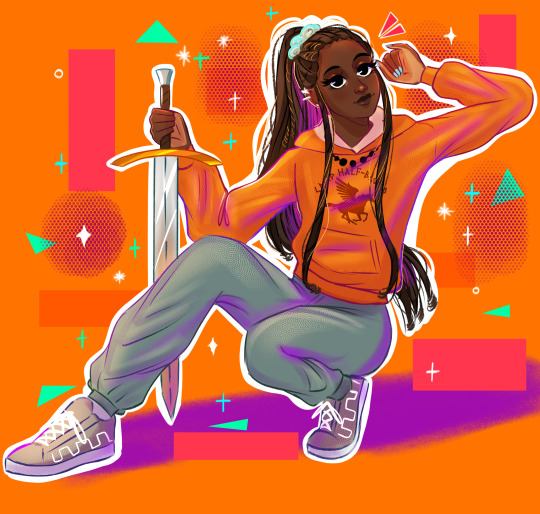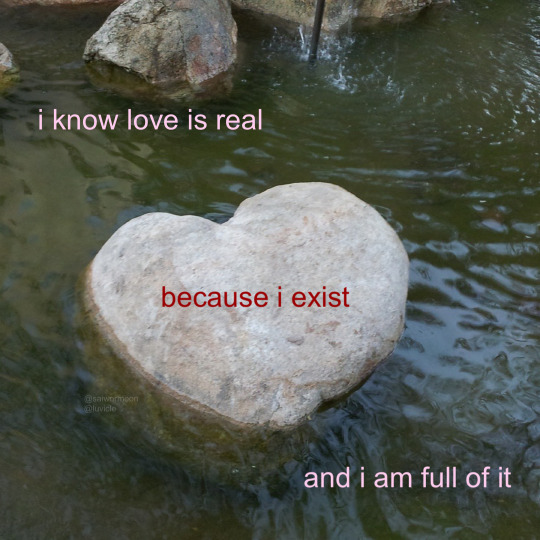Text
Whyd no one tell me alligator Gars scientific name is Atrocious Spatula
29K notes
·
View notes
Text
i saw a tiktok about HOO and it just made me think about the coach hedge grounding percy and annabeth thing and i realised the reason i find that so funny is bc it’s the first time in her life anyone has ever tried to enforce consequences on annabeth. she’s flabbergasted
36 notes
·
View notes
Text
i want 60 thousand votes by next thursday
30K notes
·
View notes
Photo
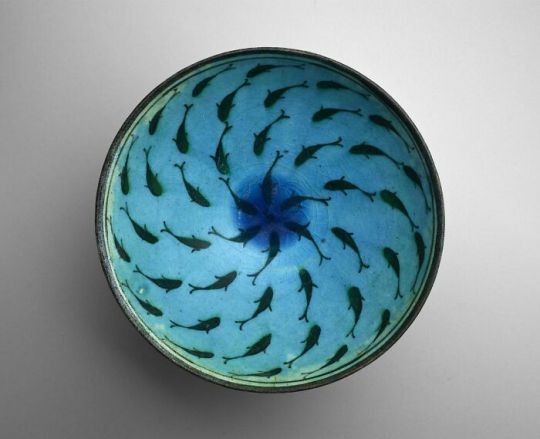
Bowl with Fish, Iran, probably Kashan (late 13th–mid-14th century).
40K notes
·
View notes
Text

A slight addendum to my previous post with this particular commission. Starting at the end of last year I was donating money from each of my paychecks from my day job to Care for Gaza. Unfortunately I had to lower my hours and, upon receiving a check from that schedule and paying rent, realized I could no longer afford that. Instead I've decided to donate this commission option.
Each $2+ spent on a sticky note commission will be donated to Care for Gaza 🇵🇸
396 notes
·
View notes
Text
The Jaws Effect and what it means for media representation
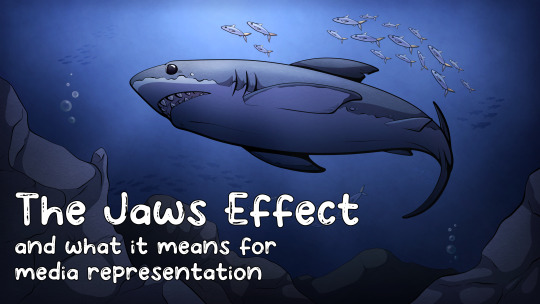
The Jaws Effect is the name of a phenomenon that described the panic and fear that sprang up around sharks, fuelled by Steven Spielberg's movie, Jaws. While the fear of sharks and other marine predators had always been a thing, Jaws launched the fear of sharks, and Great White Sharks in particular, to new (and mostly unfounded) heights. Most people will never encounter a real-life shark and so their only knowledge about the creatures come from movies and other forms of entertainment. Entertainment that largely portrayed them as mindless, unfeeling killing machines. After Jaws, sharks became a staple in the creature-feature genre of movies, which only perpetuated the idea of sharks as dangerous monsters even further, reigniting and reconfirming the beliefs the public held about them in the process. These ideas about sharks are, of course, not true, but the misconception and fear has had a real, observable impacts on shark populations, shark conservation efforts and even laws and legislations surrounding sharks and shark conservation around the world.
Ok but Cy, this is a blog about disability and disabled representation, what do sharks have to do with anything you talk about? Well, Because The Jaws Effect is just one of many examples that shows how massive of an impact representation in the media can have, for better or for worse, especially when talking about subjects the public generally knows very little about.
This conversation is not unique to disability representation, nearly every person I've seen who's talked about how to write and design characters from any minority brings it up eventually, but the media we consume, the movies we watch, the books we read can all have big impacts on people's perceptions on those topics. When talking about disability specifically, it's an unfortunate reality that not many people know all that much about us, and so, much like sharks, for many, their only real exposure to disabled people is through the media they consume.
If you don't know anyone in a wheelchair, and your only knowledge of life as a wheelchair user comes from books and movies like Me Before You, of course you're going to (spoiler) come away thinking that life in a wheelchair is horrible and death is better than living like that. If you don't know any DID Systems and your only exposure to a condition like that is through movies like Split (and honestly, a number of other horror movies and crime shows) of course you'll think people with DID are unstable monsters who could become violent any moment. If your only exposure to autistic people is Music, then it's not shocking that you might think Autistic people are "trapped in their own minds," completely unaware of the world around them and lacking any kind of agency. As much as I'd like to be able to say these are "just movies" or "just books," and that if we don't like them, we can just not watch them, they all had an impact on the real world and real people's perceptions of the disabilities they depicted, as do the many, many smaller examples of bad representation.
This is why I personally spend so much time focused on the portrayal of disability in the media, why so much of my content is focused on creating resources for creators to represent us better, and why I think writers, artists and other types of creators should care about the representation they include.
Unfortunately, people believing misinformation and stereotypes, while annoying, isn't the worst of the impacts bad rep can have. If a stereotype is prevalent enough, and enough people believe it, it can both put us in harms way and cause us to loose access to things we desperately need and things designed to help us. One really common example of this is when movies and TV shows show a character getting up out of their wheelchair, and use this as proof that the person is faking being disabled. However, in reality, there are many disabilities that might mean someone has to use a wheelchair, even if they can still walk a little bit or stand up. The stereotype of someone standing up from their chair being a fake, especially when it's reinforced over and over again in the media, leads non-disabled people to believe that anyone who stands up from their wheelchair is faking, and results in a lot of real disabled people being harassed and denied things like access to disabled parking, toilets and other accessible spaces. There were even a few cases of people reporting those they see get out of their wheelchairs to Centrelink (The Australian "welfare" department, for those not familiar) as frauds, and while these investigations don't usually go far before someone realises what's happened, it has, on occasion, resulted in people loosing the income they depend on to survive, even temporarily.
But the impact of representation, of course, can go both ways.
I was in high school when the first How To Train Your Dragon movie came out, and at the time, I didn't really like people being able to see that I was a leg amputee because I was sick of kids in particular staring, pointing at me, asking their parents "what's wrong with them?" or asking me directly, "what's wrong with your legs?". I wore long skirts and big, bulky tracksuit pants to keep my legs covered, something that became dangerous in the hot Australian summer, but I didn't care.
But the impact of How to Train Your Dragon came in two ways. The first, was that it was one of the first times I'd seen an amputee (or rather, multiple amputees) who didn't keep their prosthetics covered or hidden, and it gave me the little boost in confidence I needed to do that myself and wear clothing that was more comfortable and functional. And second, the comments from children changed, albeit slightly, but enough that it was noticeable. The questions and comments went from "what's wrong with you?" to "oh cool, your legs are like Hiccup's!" I even had one little girl ask me once if I had a pet night fury. They went from being scared of me and my legs, or at the very least concerned for me, to genuinely curious and impressed. While reactions like that did become less and less common over time, they didn't fully go away either. Even today, I occasionally get young kids asking me why I have legs like hiccup. A friend of mine who was born with one arm shorter than the other and without fingers on that side had a similar experience with the movie Finding Nemo. Her disability was a bit more complex than what I described here, and she always found it hard to explain "what happened" to small children, however, after Finding Nemo came out, she was able to simply tell kids "this is my lucky fin, like what nemo has!" and that was enough to take her from someone "scary" to these kids to someone like their favourite characters.
Of course, it's much easier to see the impact positive representation can have on people's perceptions when we're talking about kids media, but it's not exclusive to it either.
When it comes to a minority like the disabled community who are so thoroughly misunderstood by the wider public, misinformation can and does spread easily. What people see and read in the media they consume plays a big roll in how people perceive the real people attached to the stereotypes. We often hear people say "Fiction imitates life" but the reverse can and often is also true, life can imitate and be influenced by fiction, and those of us creating should be mindful of this, especially when we're talking about a group of vulnerable people.
[Thumbnail ID: An illustration of a Great White Shark swimming near the rocky bottom of the ocean, surrounded by silver fish. In the bottom left corner of the image is "The Jaws Effect and what it means for media representation" in big, white bubble text. /End ID]
761 notes
·
View notes
Text
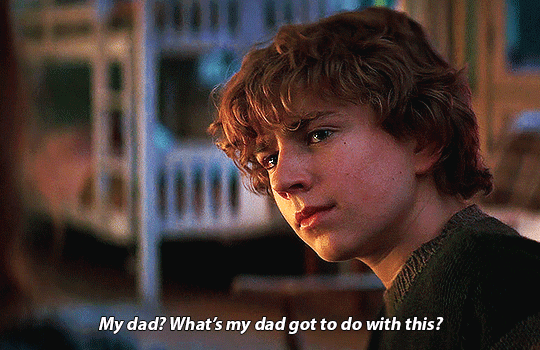

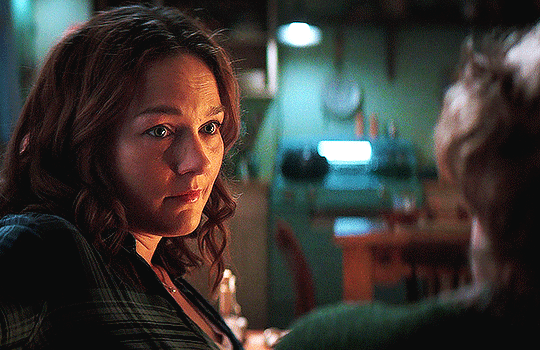
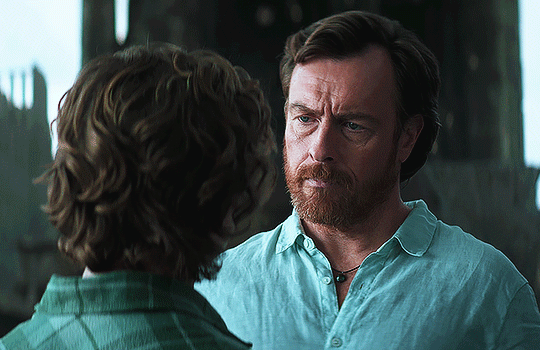
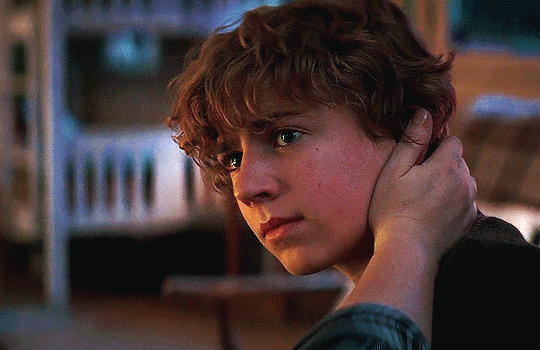
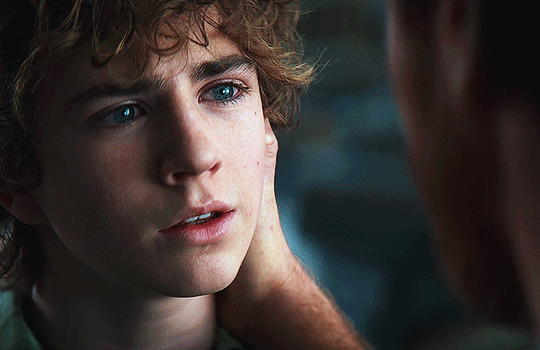
If I loved you less, I might be able to talk about it more.
Percy Jackson and the Olympians 1x01 vs 1x08
2K notes
·
View notes
Text
Book 3 Percabeth is insane like 😭 in "We Visit the Junkyard of the Gods" Percy spent three paragraphs talking about how Aphrodite was the most beautiful woman he's ever seen and the fourth paragraph started with "she looked like Annabeth"
13K notes
·
View notes
Text
Having flashbacks to Luke giving Percy advice all through the episode was so evil, I cannot
357 notes
·
View notes
Text
tbh luke castellan was serving cunt the whole time and everybody was hatin bc of the war crimes or wtv
346 notes
·
View notes
Text
poseidon at the weekly underwater council meeting: ah percy did this the other day, as well as that, and the other week percy helped all these—oh, do you remember when percy did
triton:

1K notes
·
View notes
Photo

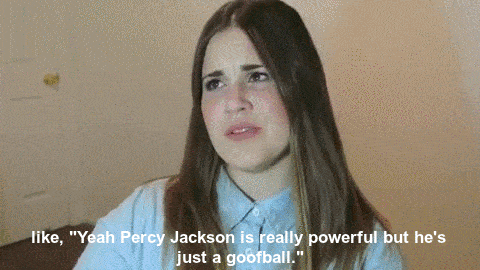
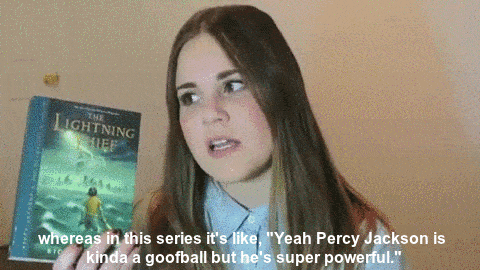
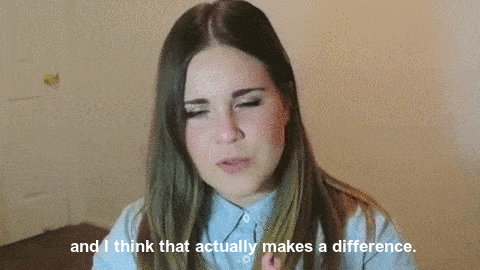
I mean they talk about it a lot in Heroes of Olympus but they downgrade the importance of his powers… like “Yeah, Percy Jackson is really powerful but he’s just a goofball.” Whereas in this series [the pjo series] its like, “Yeah Percy Jackson is kinda a goofball but he’s super powerful.” And I think that actually makes a difference - Cassjaytuck
(x)
5K notes
·
View notes
Text
I would literally give my left arm to know if Riordan actually had an original end goal in mind for “Percy’s big choice” in hoo that was more consistent with the darker build up he wrote or if it was always this desultory “noooo Percy you can’t fight Gaea because for some reason this has been about you needing to learn when to take a step back” resolution because I reread hoo and its just… all of these moments where Percy’s perspective is just full of betrayal and anger towards the gods and this deep seeded resentment is starting to take hold (which I would argue is the natural progression of his characterization if he found out everything he fought for and everyone they lost in the previous war was apparently for nothing). Gaea is dropping these ominous lines left and right that Percy is going to be a big part of her final plan, and the gods keep interacting with the rest of seven with cryptic statements about Percy that pretty much boil down to “Percy’s dangerous and powerful so pretty please make sure he doesn’t do anything bad (to us).” Then Percy has, to put it kindly, a pretty rough go of it in tartarus that I just feel that the ultimate conclusion to this arc in canon is so underwhelming to what was being set up. It doesn’t feel like the end was the natural conclusion to what was being written, it felt like the threads of Percy’s story were abruptly knotted and cut halfway through the design.
1K notes
·
View notes

